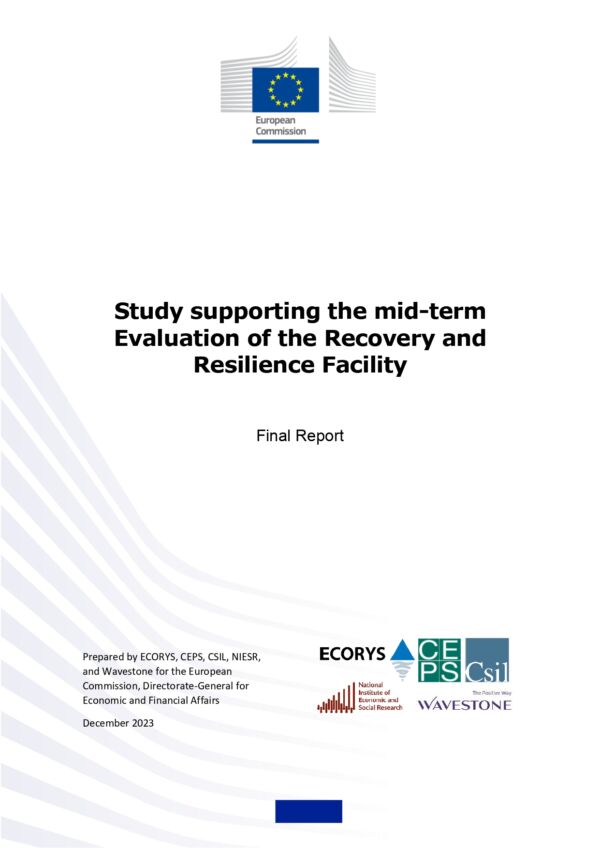Author: Daniel Gros
Originally Published: Project Syndicate, 8 November 2018
One of the Trump administration’s chief complaints against China is that its trade practices rely on what US authorities call “forced technology transfer.” But the impact of this policy on both foreign companies and China’s economy – not to mention the amount of “force” it actually entails – is vastly overestimated.
Even as observers in developed countries criticize US President Donald Trump’s use of blunt tools such as tariffs against China, many believe that he is responding to a real problem. China, they argue, really is engaging in unfair trading practices. But is it?
One of the chief complaints against China is that it relies on what US authorities call “forced technology transfer”: foreign companies seeking access to the Chinese market are required to share their intellectual property with a domestic “partner.” But the word “forced” suggests a degree of coercion that does not make economic sense. American and European companies do not have to invest in China; if they choose to do so, knowing that it will require them to share their technology, it is because they still expect to earn a profit.
Read more here.












